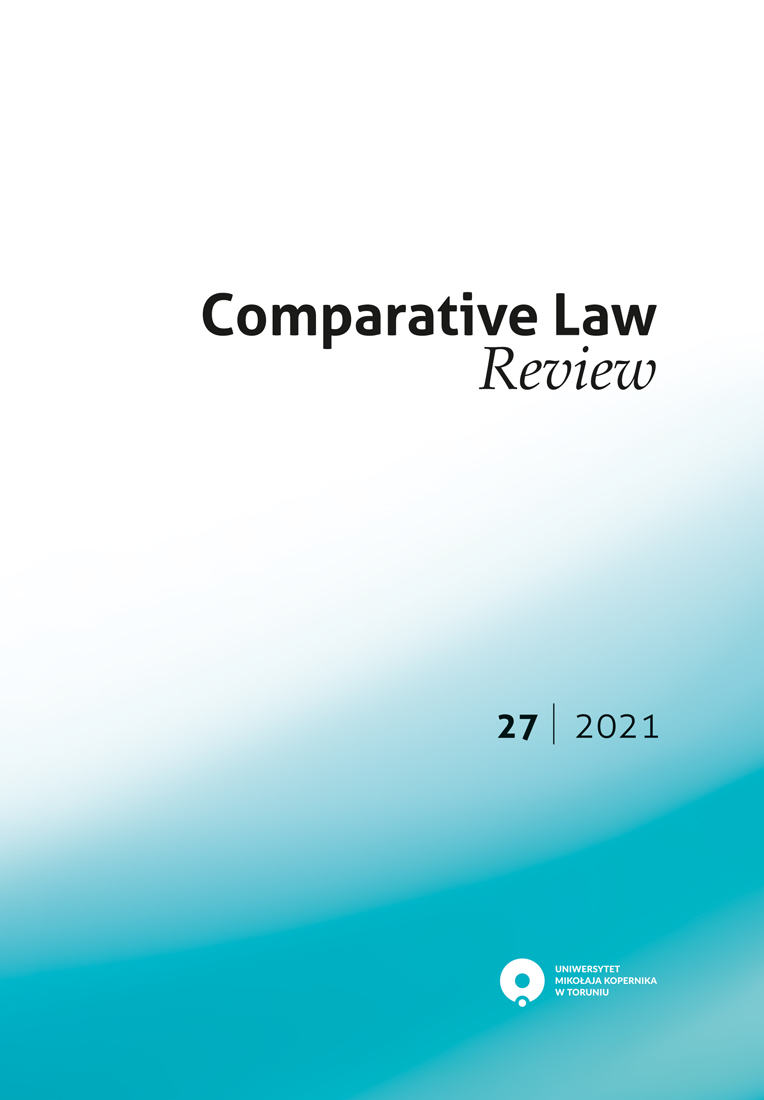Better to Explain or to Testify? The Position of the Accused as a Source of Oral Evidence in a Criminal Trial in a Comparative Perspective
Better to Explain or to Testify? The Position of the Accused as a Source of Oral Evidence in a Criminal Trial in a Comparative Perspective
Author(s): Hanna KuczyńskaSubject(s): Law, Constitution, Jurisprudence
Published by: Wydawnictwo Naukowe Uniwersytetu Mikołaja Kopernika
Summary/Abstract: In this article the position of the accused as a source of personal evidence in three different European legal systems: Poland, Germany, and England, will be presented. This analysis will be oriented to understand the way of functioning of the two different models of giving statements of fact by the accused at a criminal trial. The main difference is that in the common law model of criminal trial the accused may only present evidence by testifying as a witness speaking about what happened, whereas in the continental model the accused gives a specific personal type of evidence (that in the Anglo-Saxon literature is rather described as “oral evidence”) that is known as explanations. From this differentiation several consequences arise: among others, the possibility of presenting untruthful explanations and presenting many versions of events in the continental model which have to be assessed by the judges. At the same time, the same right of the accused to silence and not to give incriminating evidence applies in both models of criminal trial – however, in two different shapes and with different types of limitations.
Journal: Comparative Law Review
- Issue Year: 27/2021
- Issue No: 1
- Page Range: 47-77
- Page Count: 30
- Language: English

